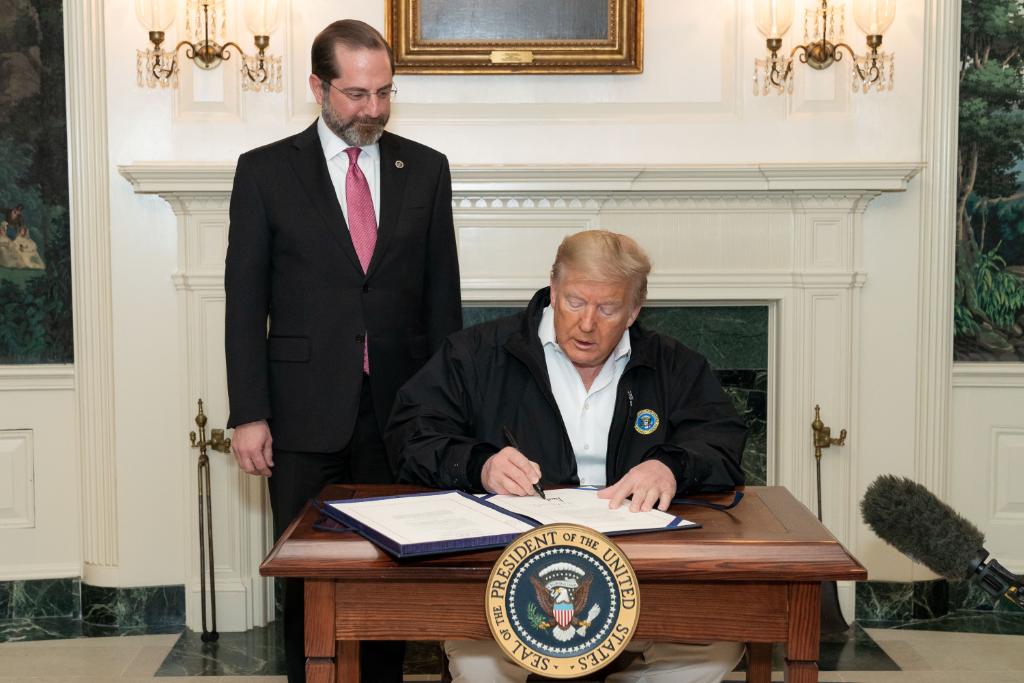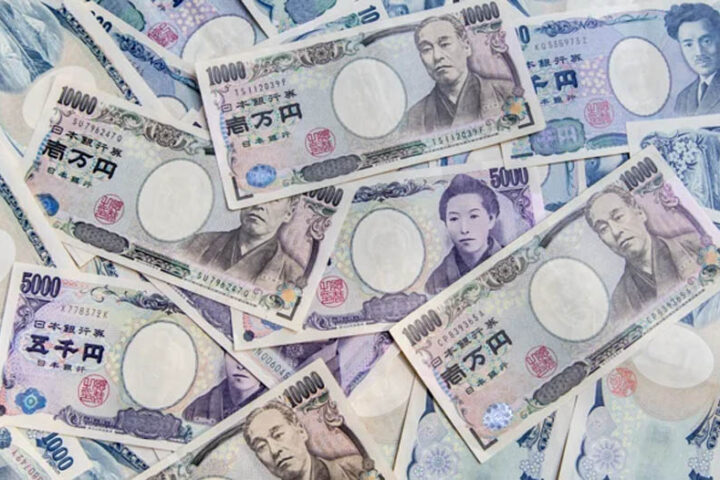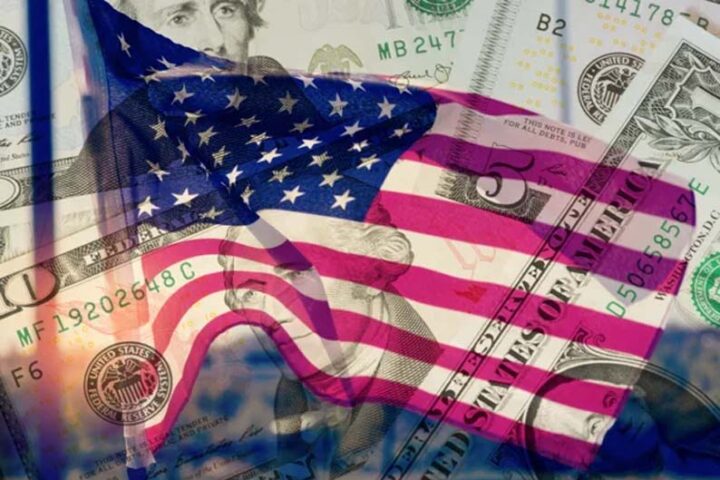By Hussein Sayed, Chief Market Strategist at FXTM
Stocks took a dive throughout the world, Oil plunged further and many companies are drawing down their credit lines after the World Health Organisation declared the coronavirus a global pandemic.
Wednesday marked the end of the longest ever bull market for American blue-chip stocks, with the Dow Jones Industrial Average (DJIA) ending the session 20.3% below its February record high. The S&P 500 and Nasdaq Composite are also likely to close in bear market territory on Thursday, with futures indicating more than 3% declines at the open.
Markets are in complete crisis mode, past economic data has zero influence on investors’ decision, central bank emergency easing policies are not being effective and politicians’ actions are only adding more confusion. The one thing that investors are monitoring is how fast the coronavirus is spreading, how many lives it is taking and the number of countries and cities in complete lockdown. It literally feels like we are living in a science fiction movie.
President Trump’s address to the nation Wednesday night was underwhelming. It shows that the US, like many other countries, is unable to provide the right action in response to the virus spread. He simply couldn’t come up with strong stimulus measures to ease fears of businesses and consumers. A much-needed payroll tax cut doesn’t seem to be on the cards in the short term, and measures to isolate the US from Europe is only making the situation worse.
A global recession seems impossible to escape and a massive decline in corporate earnings is inevitable. What is even more worrying is the risks that come with such a recession.
Corporates across the world are over-leveraged after more than a decade of low interest rates, and companies with weak balance sheets are extremely vulnerable to such economic shocks. If the current health crisis develops into a credit crisis, we may see a further deep sell-off in equity markets, as many companies won’t be able to survive for several months.
Investors sitting on the sidelines, waiting for the right opportunity to buy cheap stocks will need to monitor corporate default rates. If the crisis persists for another two or three months, many companies will go bankrupt, especially those in the US energy sector which also have to deal with an Oil price war. Bankruptcies in this sector are hard to contain as other below investment-grade corporates will be impacted, and then there is a higher probability that the entire credit market freezes at a later stage.
Professional investors know that with every fall there is a rise. However, at this stage it’s extremely difficult to know the timing or the shape of the recovery.
For the past two to three weeks, most economists were predicting a V-shaped recovery in the global economy. This assumption may be true if the coronavirus spread is contained within the next month or two. But if the health crisis takes longer to resolve, we may end up with a worse financial crisis than 2008.
The main problem is that central banks are left with few tools, so the recovery will become more of an L-shaped one and be far more prolonged.
For information, disclaimer and risk warning note visit FXTM
FXTM Brand: ForexTime Limited is regulated by CySEC and licensed by the SA FSCA. Forextime UK Limited is authorised and regulated by the FCA, and Exinity Limited is regulated by the Financial Services Commission of Mauritius










